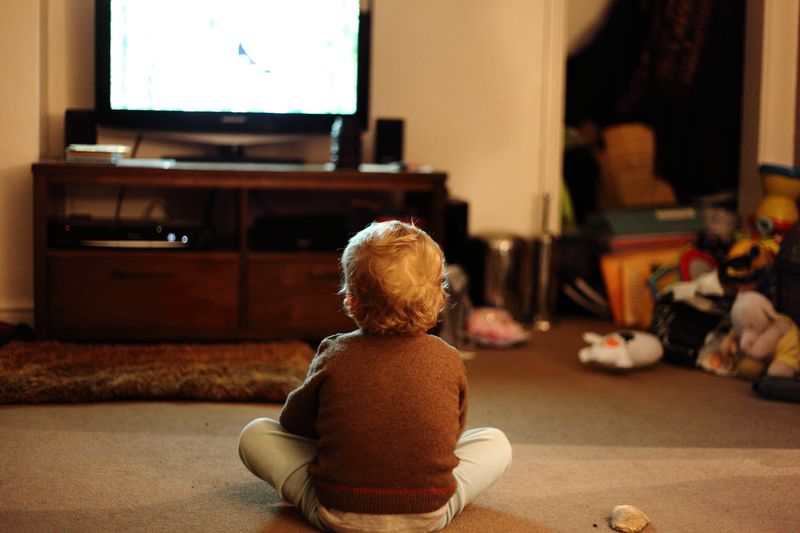We all know the easiest way to preoccupy the kids while you’re trying to get something done is to stick them in front of the television or to put a game on the Ipad in their hands. While this may be a good solution at the time, it is very detriment when it comes to a child’s cognitive and social-emotional competencies.
Research shows that watching television or having your eyes on a screen for more than a few hours a day was associated with lower school readiness in kindergarten, especially among lower-income families. The study, done by researchers at New York University reinforces the American Academy of Pediatrics (AAP) recommendation that kids ages 2 to 5 engage in just one hour of screen-time per day.
Whether we know it or not, this is easier said than done. In fact, this newest study’s lead author Andrew Ribner, a doctoral candidate in the Department of Applied Psychology at NYU Steinhardt, said in a statement, “Given that studies have reported that children often watch more than the recommended amount, and the current prevalence of technology such as smartphones and tablets, engaging in screen time may be more frequent now than ever before.” This has become the best way to get children to cooperate, and finding an alternative that they enjoy just as much can be very difficult.

Frequent screen time can have real consequences on kid’s development. The researchers in the study looked at 807 kindergartners of varying backgrounds. The kids’ parents reported family income, and the number of hours of TV the kids watched on a daily basis. The kids were assessed on fundamental school readiness skills in math, understanding letters and words, and key cognitive and social-emotional competencies, such as working memory, cognitive flexibility, and inhibitory control.
When kids watched more than two hours of TV, their readiness was heavily affected, especially of those in lower-income households. However, kids that come from high-income homes don’t see nearly as big of drops. Researchers suggest that kids from high-income families may be watching more educational content and that parents may be able to watch more programs with their kids, which has been found to promote learning.
